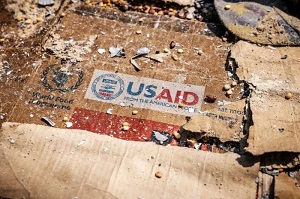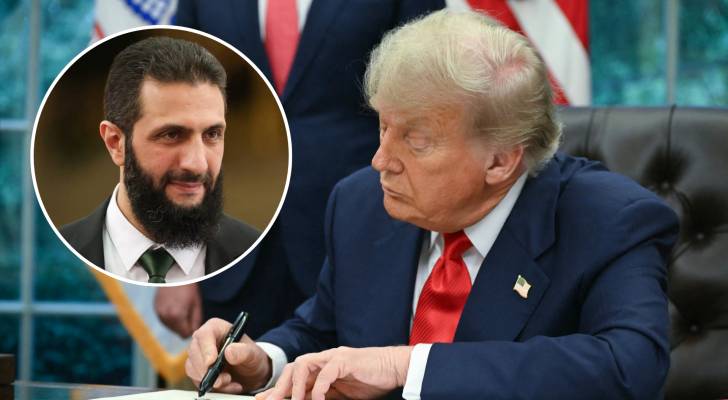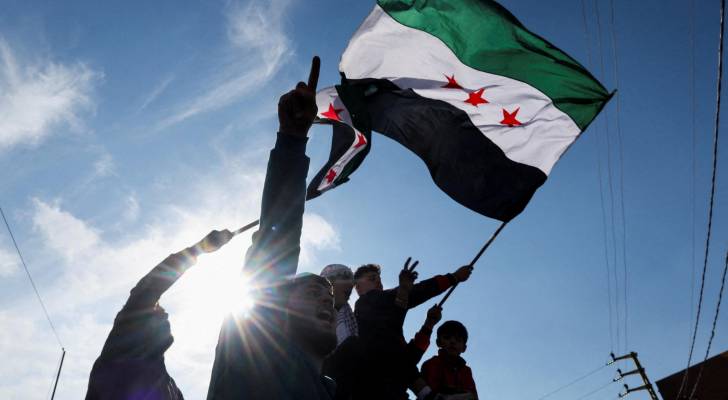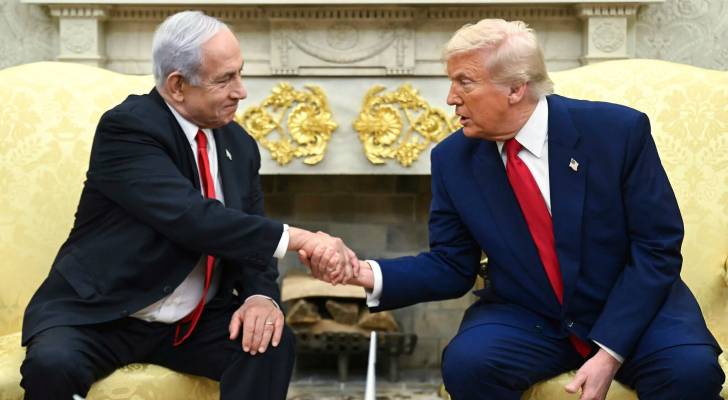The End of a Confrontation or Just a Break? - By Abdulrahman Al-Rashed, Asharq Al-Awsat
Every side in the war has declared victory. Trump announced the attack with 14 bunker-busting bombs and the destruction of three nuclear facilities, and called for a peace deal.
Israel described “Operation Iron Glove” – the name of its campaign – as historic. It assassinated leaders and experts and destroyed half of its adversary’s ballistic arsenal.
Iran, which named its operation “True Promise 3,” inflicted unprecedented destruction on Greater Tel Aviv and Beersheba. Supreme Leader Khamenei wrote: “It was a strong slap to America.”
What happened over the past two weeks wasn’t just a clash, but a unique and dangerous military development – the first direct war between the United States and Israel on one side, and Iran on the other. It has stopped for now, but the current halt is no more than a pause – unless we see an agreement between the three parties. That’s how wars end.
With all sides claiming victory, who among them will offer concessions? Only the Americans quickly proposed a peace plan – exposed after President Trump grew angry at the Supreme Leader’s rhetoric. Trump said he had prevented Israel from carrying out an assassination plot, and that he agreed to release six billion dollars in frozen Iranian funds. He also allowed the immediate lifting of some sanctions. These are rumored to be goodwill gestures to ease the atmosphere for negotiations, and it’s said that Washington offered to help Iran rebuild its nuclear program for civilian purposes only.
Israeli Chief of Staff Zamir said the war is not over, and the list of remaining targets is long. Regardless of what he says, we know that Tel Aviv’s decisions are tied to the White House. A key event took place – Trump rushed to save Netanyahu, who was on the verge of falling, and rescued him from the noose of his trial. He declared solidarity with “Bibi” and said Israelis should neither isolate nor prosecute him. This intervention carries a price that the Prime Minister must repay to Trump, who is eyeing a grand peace deal between the two enemies.
In any case, the key to this crisis lies in Tehran – not in Washington or Tel Aviv. It holds the power to say no and continue the conflicts, or to say yes. To end the confrontation that has lasted since 1980, Iran must accept the principle of regional coexistence and join the train of regional countries. All of them have now either entered into bilateral agreements with Israel or have abandoned any confrontational project. Syria was the last passenger – thus ending the so-called axis of resistance. With Hezbollah and Hamas weakened, and the fall of Bashar’s regime, the resistance front has collapsed, leaving Iran alone to face Israel.
Backing down from 45 years of confrontation policy will not be easy for the Iranian regime, but the results of the twelve-day war with Israel may hasten that retreat and increase pressure on Tehran.
Regardless of the toll, Iran still retains some elements of power. It possesses enriched uranium – important whether for building a rudimentary nuclear weapon or to negotiate over. It quickly replaced the leaders it lost and managed to regain control on the internal situation.
Israel’s gains include winning over Trump, who carried out what Israel alone couldn’t: the destruction of key nuclear facilities. So, if Tehran holds the key to peace, the upper hand in war belongs to Tel Aviv, which succeeded in eliminating Iran-aligned regional threats.
And who knows – perhaps this confrontation is the final chapter in these wars.
Latest News
-
 Jordanian authorities arrest 23 suspects in deadly methanol poisoning case
Jordanian authorities arrest 23 suspects in deadly methanol poisoning case
-
 Over 14 million people could die from US foreign aid cuts — study
Over 14 million people could die from US foreign aid cuts — study
-
 Trump signs executive order lifting Syria sanctions
Trump signs executive order lifting Syria sanctions
-
 Syria welcomes Trump’s lifting of sanctions as ‘turning point’ toward recovery
Syria welcomes Trump’s lifting of sanctions as ‘turning point’ toward recovery
-
 Netanyahu to visit Trump at White House on July 7
Netanyahu to visit Trump at White House on July 7